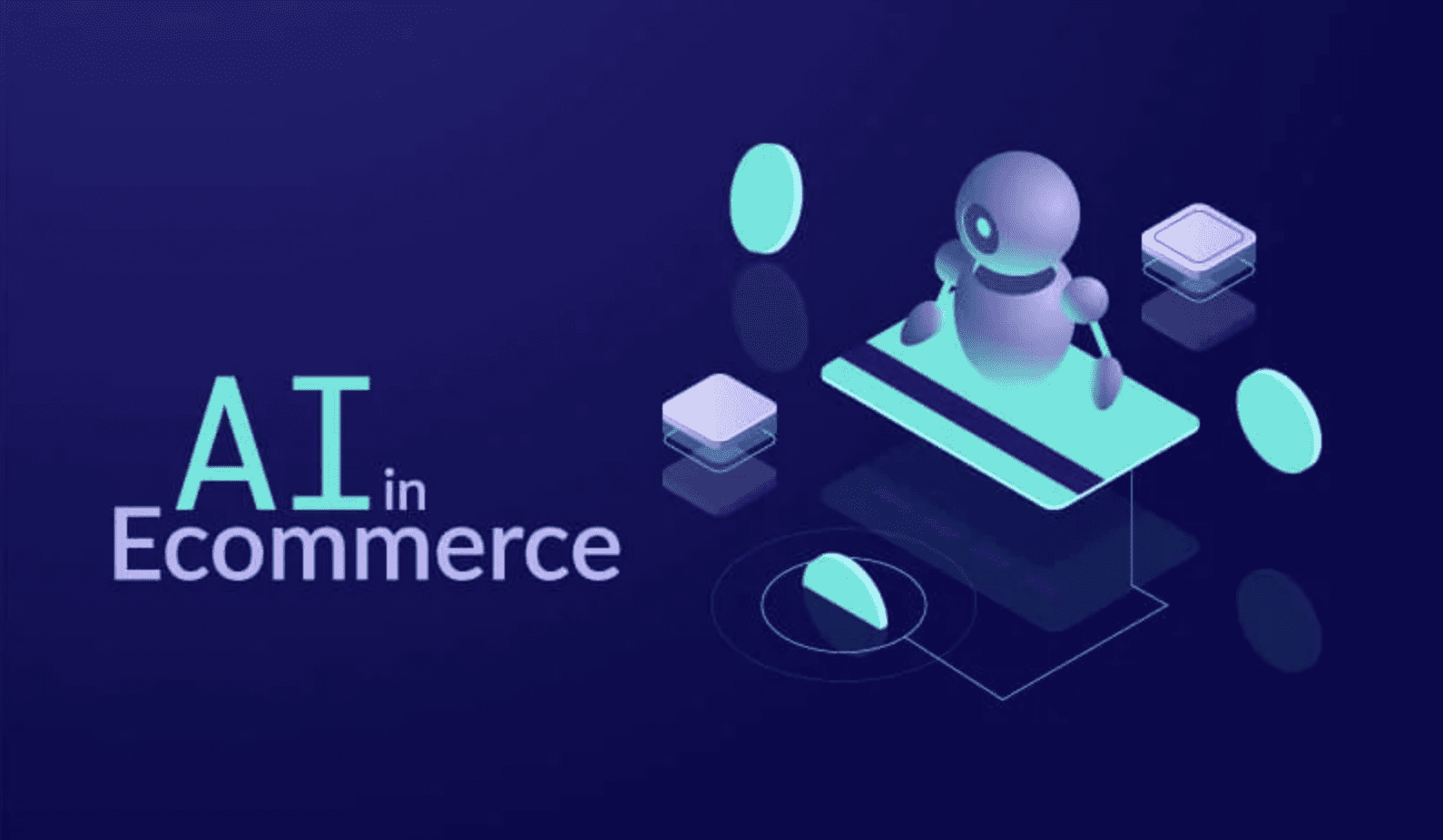Level Up Your Business with Expert AI Integration
In today’s fast-paced digital landscape, businesses must continually evolve to stay relevant and competitive. One of the most effective ways to do so is by leveraging Artificial Intelligence (AI). Artificial Intelligence (AI) has evolved from a futuristic notion to a real solution that drives development, customization, and efficiency across sectors. But to effectively harness the … Read more





